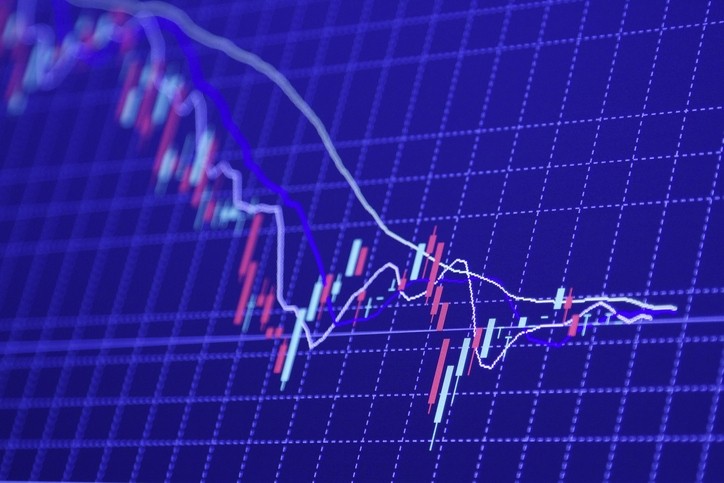Herbalife foe Ackman swears off short selling strategy

Ackman, the billionaire principal in the private investment fund Pershing Square, wrote recently that, "Despite our limited participation in this investment strategy, it has generated enormous media attention for Pershing Square. In addition to massive amounts of media hits, our two short activist investments managed to inspire a book and a movie. Fortunately for all of us, and as importantly for our reputation as a supportive constructive owner, we have permanently retired from this line of work.”
Ackman’s statement came as part of the fund’s recently filed annual report. The document revealed that Pershing Square’s holdings were valued at more than $57 billion at the end of 2021 and the firm had generated gains of almost 27% for shareholders during the year after the fund’s fees were deducted.
Attacking Herbalife
In the most high profile case of its type in recent investment history, in 2012 Ackman took a short position on Herbalife stock that at one time was valued at as much as $1 billion. His firm subsequently pursued a similar strategy with an investment in municipal bond insurer MBIA Inc.
Short selling is a strategy in which an investor borrows shares of a company whose stock price is expected to decline. The investor sells the shares at market price and buys them back after the price drops and pockets the difference.
Short selling is nothing new. The difference in Ackman’s case was the intense public relations campaign he engaged in to convince the market, and by extension regulators, that Herbalife’s business model amounted to an illegal pyramid scheme. For federal regulators, the dividing line between a legitimate multi level marketing company and a pyramid scheme is the degree to which the activity is aimed at sales of products or services to end users as opposed to compensating participants primarily on the recruitment of new members.
Ackman also accused the company of taking advantage of distributors who had been induced to lease retail spaces for Herbalife’s ‘Nutrition Clubs’ strategy. Many of these distributors were members of minority communities who—Ackman’s argument went—lacked the business acumen to be able to evaluate the risks and benefits of signing up for the leases.
Was his attack legal?
Some observers questioned the legality of Ackman’s approach in which he deliberately sought undermine Herbalife’s business in an attempt to make the stock price fall to the point where his short position would pay off. The counterargument was that stock promoters engage in this kind of behavior all the time on the plus side.
Ackman even funded the production of a feature film-length ‘documentary’ that purported to detail Herbalife’s excesses, which included over the top earnings claims.
Ackman succeeded in briefly driving down Herbalife’s share price from almost $35 in April of 2013 to less than $13. But the company’s share price rebounded strongly, hitting a high of almost $60 in early 2019 (it has since receded to a bit more than $30). Herbalife is the world's largest multi-level marketing company solely devoted to the sale of nutritional products. Its annual revenue now tops $5.5 billion.
Herbalife had to make changes
Ackman threw in the towel on his short position in 2018. But he did succeed in gaining the attention of regulators.
Herbalife agreed in 2016 to pay a $200 million fine to the Federal Trade Commission. As part of the deal the company agreed to reform some of its business practices, in particular around how it communicated the earning potential for distributors. Like a number of its MLM peers, Herbalife’s promotional materials had featured pictures of distributors in front of mansions and enjoying dream vacations.
Herbalife now says that 50% of distributors who have been involved in the company’s multi level marketing scheme for more than a year earn less than $264 in a month. Only 10% of those longer term distributors earn $3,305 or more a month.









